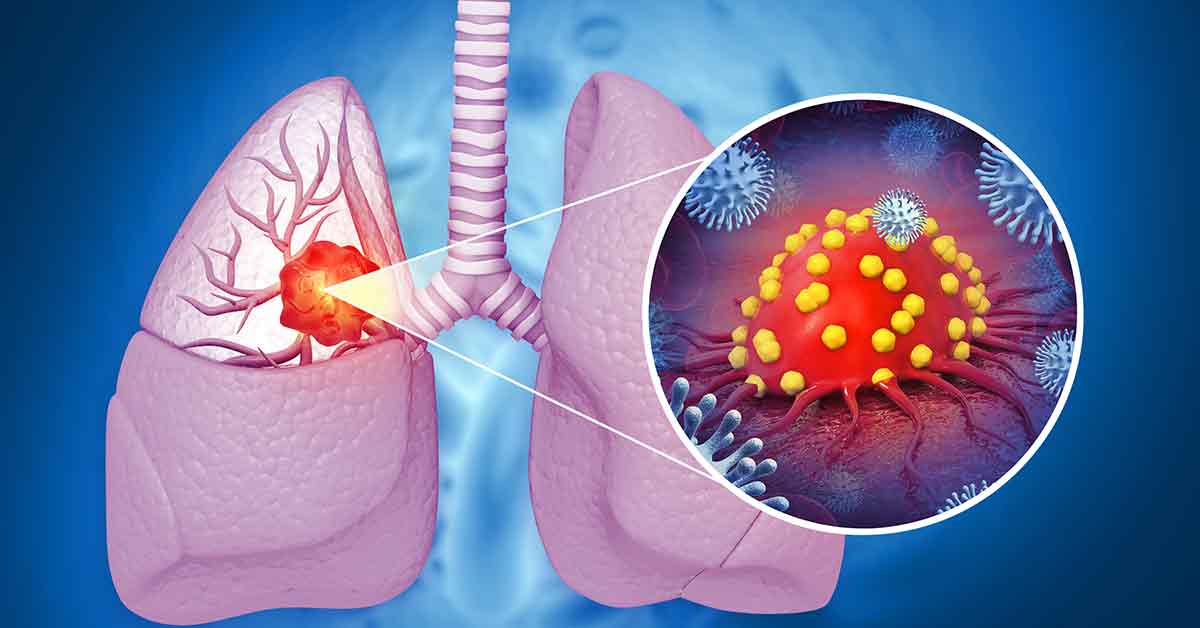Immunotherapy for Lung Cancer Treatment

Lung cancer is the leading cause of cancer-related deaths worldwide. Traditionally, treatment options have included surgery, chemotherapy and radiation therapy, but outcomes have been limited – especially in later stages of the disease. Over the past several years, immunotherapy has emerged as a treatment option for lung cancer, offering new hope to many patients. Unlike chemotherapy and radiation, which target the cancer cells directly, immunotherapy harnesses the power of the body’s own immune system to recognize and attack cancer cells.
Is Immunotherapy Right for you?
Immunotherapy has been especially effective in some patients with non-small cell lung cancers, particularly when their tumors express high levels of a protein called PD-L1, which helps predict response to treatment. Immunotherapy may be used alone or in combination with chemotherapy, depending on the stage and biology of the cancer. There is growing evidence that immunotherapy is effective in more aggressive small cell lung cancers, as well.
One of the most common forms of immunotherapy used in lung cancers is immune checkpoint inhibitors, such as pembrolizumab and nivolumab. These treatments work by blocking proteins that cancer cells use to hide from the body’s immune system. By inhibiting this process, immunotherapy drugs help immune cells recognize and destroy cancer cells more effectively.
While immunotherapy does not work for everyone, it has significantly improved survival rates and quality of life for many patients with advanced lung cancer. Immunotherapy is often better tolerated than chemotherapy, with fewer generalized side effects. However, because it activates the immune system, it can cause inflammation or injury of healthy organs–like the lungs, liver or intestines–sometimes leading to complications . Therefore, close monitoring is required throughout treatment.
As science progresses, immunotherapy continues to expand the possibilities of lung cancer treatment.






Comments